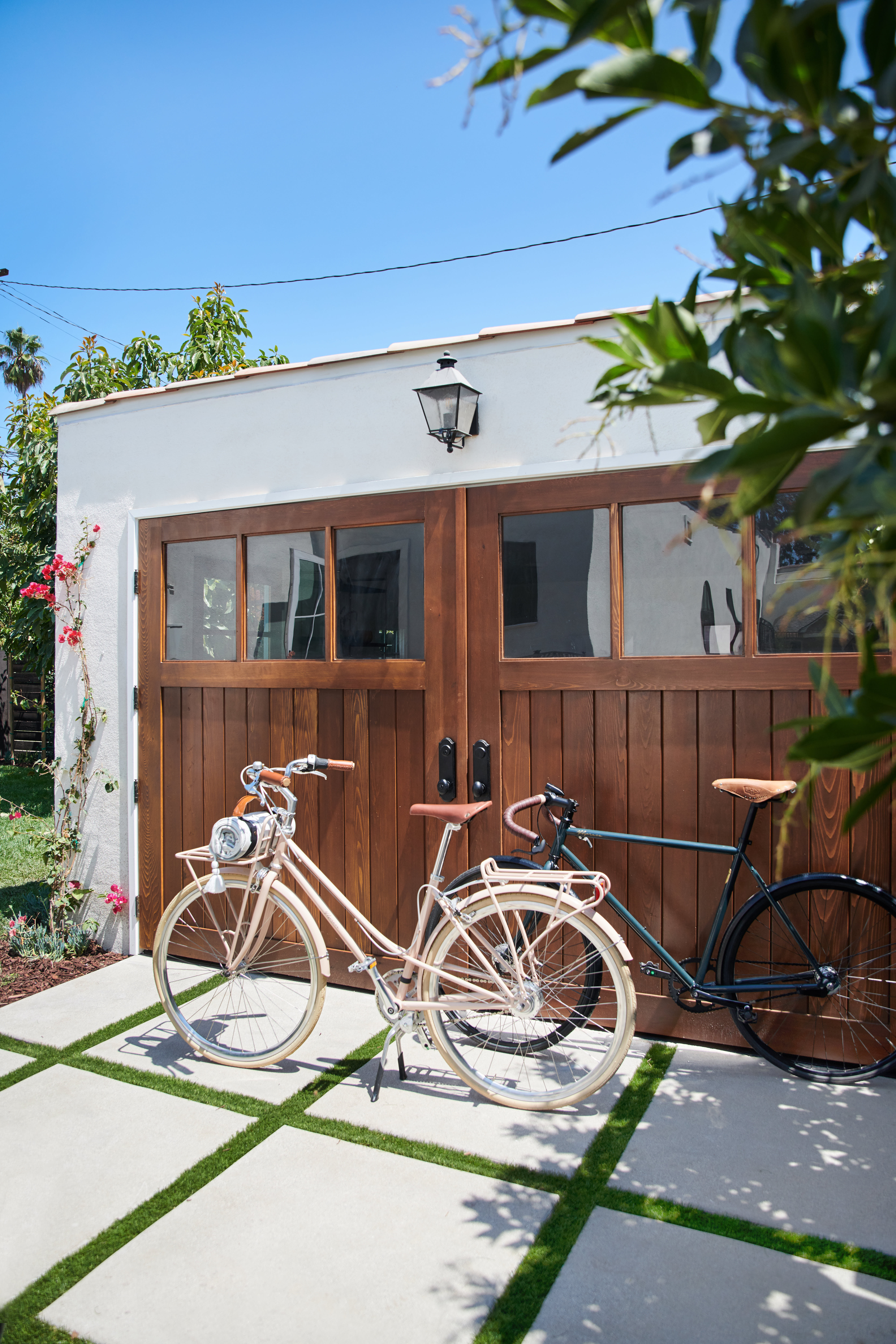What Works Best Will Depend On You
The pros and cons of suburban life as opposed to city life will always depend directly on your situation. What city do you live in, what sort of commute must be taken into consideration, what sort of job do you have, and what are your costs of living? When you answer these questions, you’ll know whether living in the city or the suburbs is best for you.
Following, we’ll go over a few pros and cons of either living solution to help stimulate your imagination, and give you an idea which solutions will best serve you over the long-term. Don’t choose too hastily; be careful to weigh all the data you have available to you.

The City: Pros
Let’s start with the positive aspects of city life first. Everything is at your fingertips. Entertainment, night life, job opportunities, romance—you name it, you can find it in the city. Metropolitan areas tend to aggregate humanity, and accordingly they aggregate all that humanity produces in terms of society, technology, and entertainment.
You can see the best new bands as soon as they come to town. You can get ahead on trends, and there will be opportunities to make more money more quickly through varying avenues. This makes city life desirable for many. Additionally, there’s always somewhere to live.
The City: Cons
The bigger the city, the greater the variety of living options you’ll have available to you—though here’s where the cons come in: city living is going to be expensive. If you’ve got a house right near the center of a metropolis, you’ll get half the property for twice the price of a home on the outskirts of town.
City living also incorporates traffic. There’s always going to be congestion at the central areas of big cities. This will ebb and flow based on the time of day, but it’s almost always going to be greater than suburban living. This will wear on your vehicle, and it’s going to take up a lot of your time. However, you may have a diminished commute.
Still, inner-city life is often replete with crime. People aren’t mentally healthy today, either; and technology is just increasing in terms of its negative mental health impact owing to new innovation. Don’t spend too much time on your smartphone! People in the inner city, except in the richest places, tend to be more poor and mentally unstable than elsewhere.
Also, should there be an emergency, when you’re centrally located in a metropolitan area, you’re kind of trapped. It’s better to have some sort of eject capacity for a lot of people.
The Suburbs: Pros
Suburban life is generally going to be more quieter, more peaceful, more rich, and less expensive. You’re less likely to have criminal neighbors in the suburbs, and you’re more likely to make a relationship with the neighborhood you inhabit. Also, suburban living often incorporates full properties. You’ve got better augmentation potential.
For example, you could install a solar panel array on your home in the suburbs, increasing property value and decreasing your carbon footprint while simultaneously cutting down utility bill costs extensively. Good luck doing that in an apartment in the city.
The Suburbs: Cons
Suburbs tend to be further from where most people work than city dwellings. Accordingly, though you avoid the congestion of traffic in the middle of the city, you have a longer commute to or from work. This can be a deal breaker for many.
Also, wherever you happen to be in the suburbs, it’s likely you’re not going to be near where the “action” is in the city. You’ll have to really plan out entertainment. As well, you’ll likely own property in the suburbs, and neighborhoods can go into decline in ways you can’t control, minimizing your investment.
Which Option Best Fits You?
If you work from home, that’s a game-changer. Know your situation. Whether you want to live in the city or the suburbs, there are going to be living options available. Weigh these pros and cons, crunch the numbers. Take your time to determine which solutions best fits you or your family, then make the leap in a way that’s properly informed.





